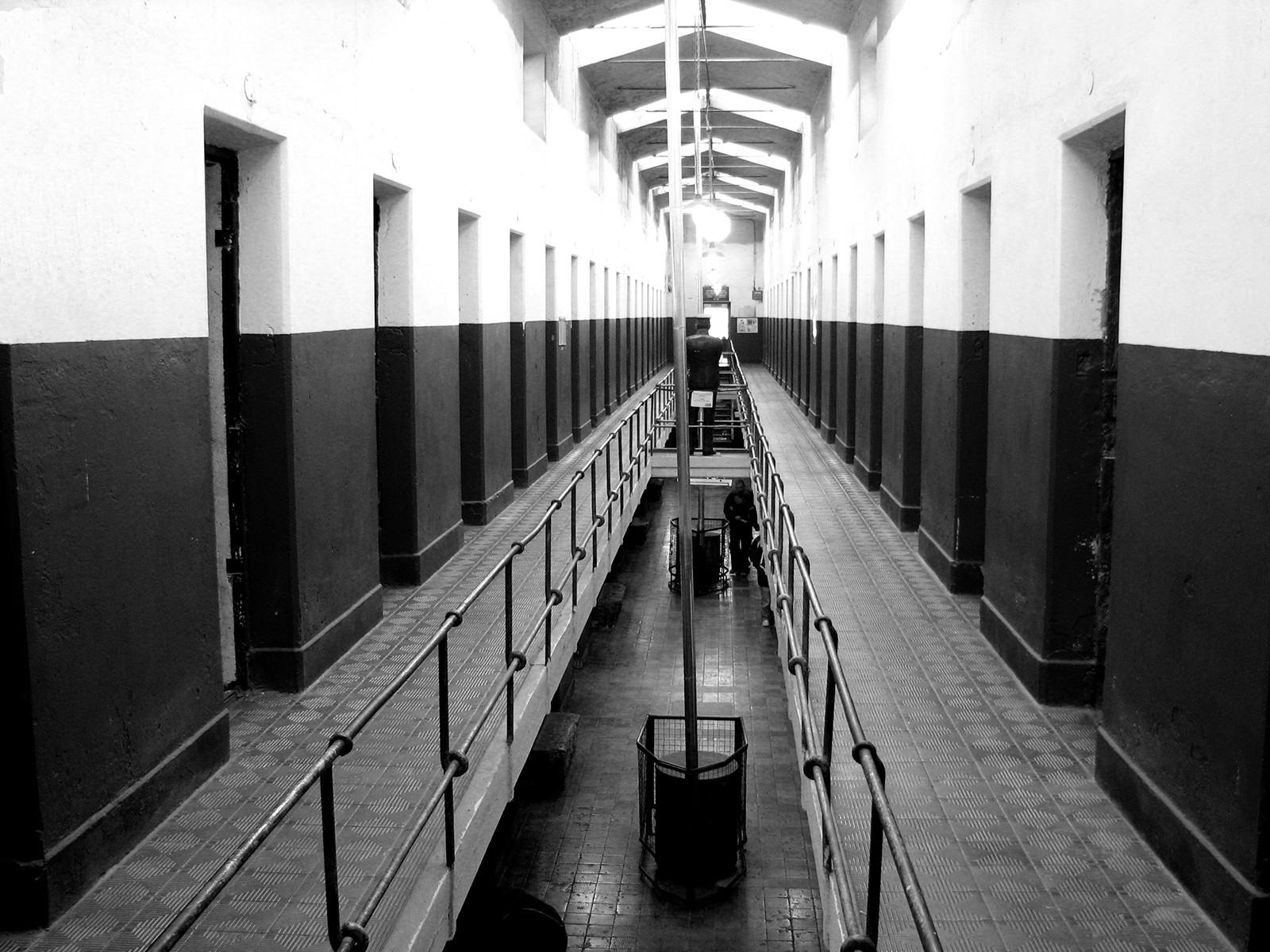Sometimes the guilty aren’t always so guilty. A record of 149 exonerations occurred in 2015, according to a recent report from The National Registry of Exonerations. Of those exonerations, two-thirds were minorities and half were African-American.
Since 2011, the number of exonerations in the United States has more than doubled, the report said. 2015 was also the year with the most false confessions, accounts of government officials’ misconduct and guilty pleas. With the rise of programs such as “Making a Murderer” and “Serial,” the public may become more interested in investigating the fairness and accuracy of trials.
Samuel Gross, the Registry’s editor, told The New York Times, “If that same effort were put in across the country, we’d find many more of these cases.”
Two men accused of starting a house fire, William Vasquez and Amaury Villalobos, spent more than 30 years before being exonerated in 2015. Raymond Mora, another man accused, died while incarcerated.
When you compare it to the entire U.S. population, 149 may not seem like a large number of people. But that’s 149 people who have gone through emotional anguish no one else could even begin to understand.
Those who have served prison time can never get their lives back. They’re emotionally scarred and are at a disadvantage when it comes to getting jobs and establishing relationships.
In these scenarios, the only people hurt are those who have been in prison. Just re-integrating a formerly incarcerated person into society is an enormous endeavor. All these people get are a “whoops” and “sorry” from the judicial system, and they’re sent on their not-so-merry ways. Nobody pays retribution for taking a person’s life away.
Sometimes the government gets carried away with incarcerating people, and the truth gets lost in the rush. Though the United States has 5 percent of the world’s total population, it holds more than 20 percent of the world’s prison population, according to the American Civil Liberties Union. That says a lot about how easy it is to convict someone of a crime whether they’re guilty or not.
This problem starts in the courtroom. In these instances, lawyers aren’t trying to figure out the truth — they’re often trying to figure out how to exploit the law to win their cases. In these situations, it’s about winning, not fairness. Juries put so much emphasis on witnesses’ accounts when it’s unfeasible to expect one person to remember exactly everything that happened at a specific moment of their life. Courts are so backed up that people are often held for months waiting on a hearing. And with courts rushing through their caseloads, they may be unable to spend as much time on each case as they should. This, in turn, can lead to faulty convictions.
The justice system didn’t issue justice to those exonerated people. It’s as simple as that. No amount of apologies can make up for condemning a life.
Not enough resources are being put toward fighting this problem. The U.S. prison and justice systems desperately need reform. But they’re both such long-standing, complicated issues that nobody knows how to go about fixing them. The United States doesn’t have any spare money lying around, of course, but the least it could do is to investigate previous cases on the grounds of fairness.
If the government looked for faulty convictions, it would definitely find more than it would like to admit. The dirt is there — all there’s left to do is dig the innocent people out.

















































































































